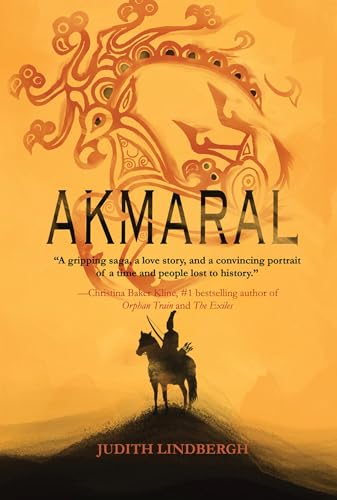Akmaral
The Sauromatae of Central Asia during the Iron Age may have been the inspiration for the Greek stories of the Amazons. Women of those peoples fought as warriors along with the men. This is the story of one of them, Akmaral. During training, male warrior Erzhan seems to hate Akmaral for no reason, yet is attracted to her. After a battle with Scythians, Akmaral must guard three captives. Erzhan argues for their death, but the tribe’s elder decrees they will be kept as slaves. Akmaral is attracted to one of the slaves, Timor, and becomes pregnant by him, changing her status from warrior to ana-woman once their son, Arman, is born. Arman’s father, Timor, is adopted into their aul, yet some members, like Erzhan, are reluctant to trust him. Timor’s foreign ways influence the group away from its matriarchal customs and towards a more aggressive male-led society, which results in more reciprocal attacks by other tribes. During one of these, the kinsmen of Timor arrive to rescue him, forcing his choice between returning home or remaining with Akmaral. The outcome of his action leads to shocking consequences.
In her historical note, Lindbergh said she was inspired by the Siberian Ice Maiden and Issyk Gold Man archaeological discoveries in writing this story. Akmaral’s world involves frequent animal sacrifice and human conflict, so readers with an aversion to graphic descriptions should be warned. The Akmaral/Erzhan/Timor love triangle is a successful source of plot conflict. Yet I was a bit disappointed with one aspect of the climax, a deception that seemed to me to weaken the plot somewhat. Still, I appreciated learning about an era and culture I knew little about, and recommend the book to fans of fiction set in ancient times, and/or war stories.










